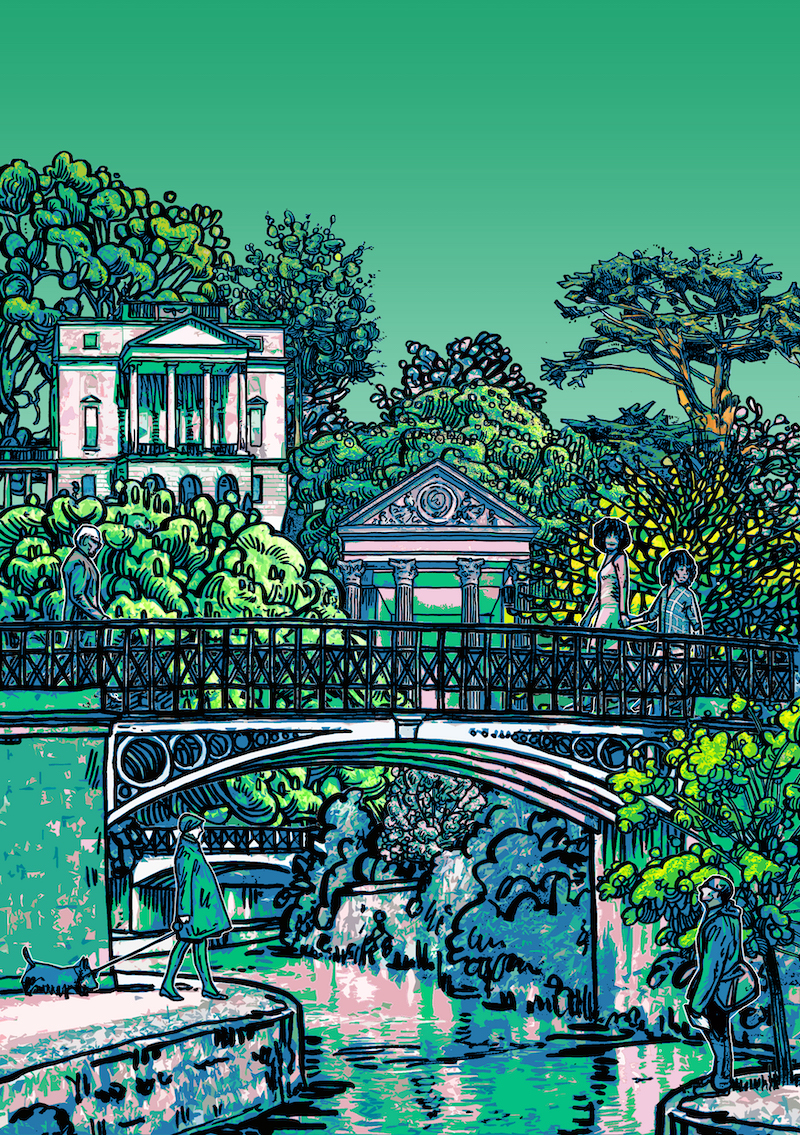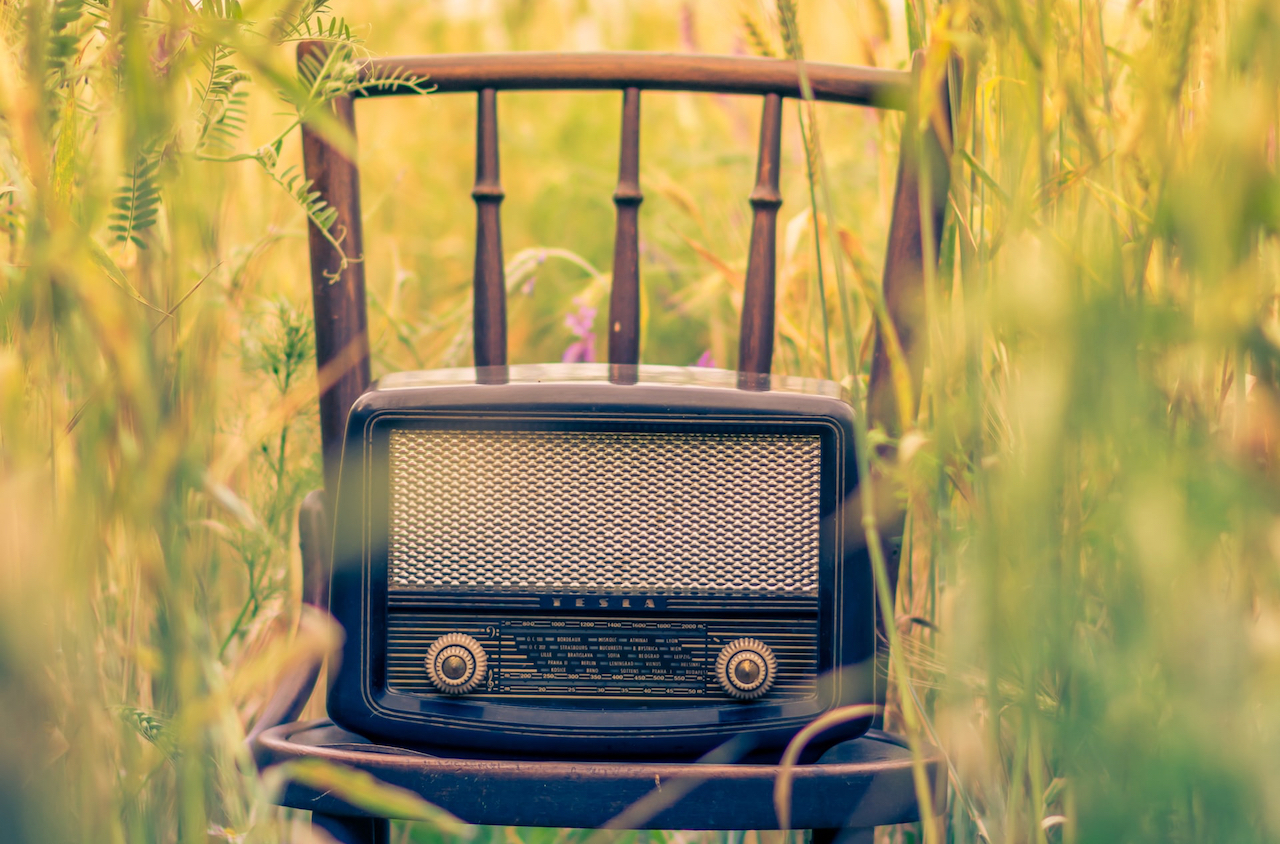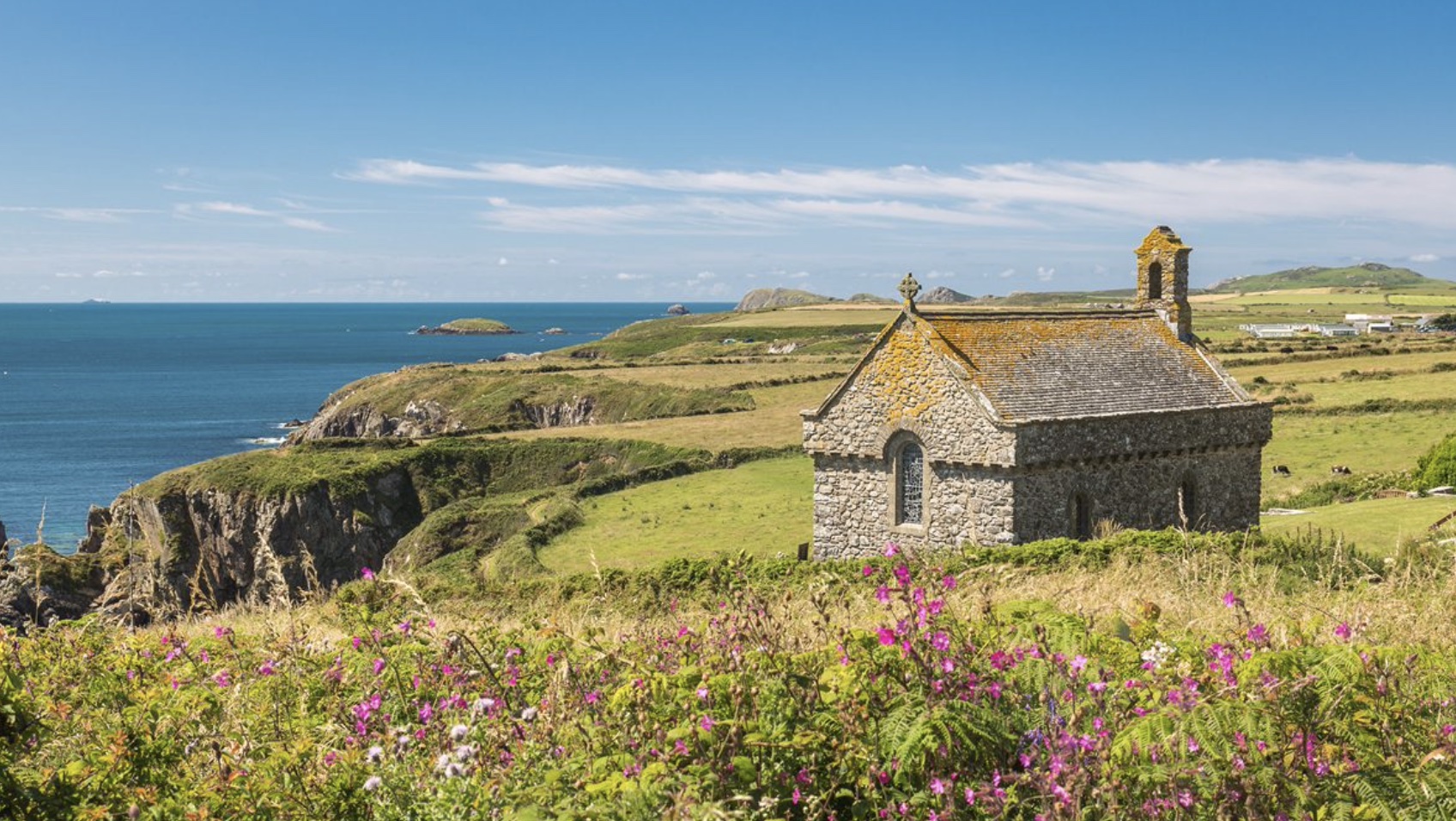Immersive sound walks have been around for a few decades, enjoyed by individual listeners or in small groups of listeners. Award-winning author and radio producer, Horatio Clare teaming up with the BBC, has hugely increased the audience for sound walks. His narrative combined with quality soundscapes recorded on foot in remote areas, has generated hundreds of thousands of new listeners to a phenomenon know as “Slow Radio”.
It began with a 3 hour broadcast of a walk to the Hay Festival, and since then Clare has walked in a German Forest, in the footsteps of Beethoven and more remotely the Arctic Circle in Greenland, and is soon to set off to the Faroes.
In 2018, Alan Davey, Controller of BBC Radio 3, announced permanent ‘Slow Radio’ sound walks: ‘A regular slow radio slot and our annual commitment to the pastime of walking are part of a deliberate effort to help people escape the frenzy of everyday life. We feel strongly about offering the public a mindful experience, a place, a haven, where they can lose themselves in audio and sonic experiences.’
Along with this Walk Listen Cafe conversation, you can join a panel discussion on Thursday 17 September, with Jeremy Evans and Andy Fell who make up the BBC Radio 3 team that records ‘Slow Radio‘ with Horatio Clare. Further details here
walk · listen · create hosts walk · listen · café, at least once a month online meeting for creatives in the fields of walking and sound art. Every ‘café’ lasts between 1 and 2 hours, is headed by an expert introducing a particular topic, and followed by an open discussion on the topic at hand.
Online meetings are hosted through BlueJeans or similar. Participants will be sent the meeting URL shortly before the event kicks off.
Guest
Host
|
Recording Only available to registered users. |
Related

Sydney Gardens Tree Weekender audio anthology
Rustling in the leaves Through dappled sunlight, a shower of falling leaves, and with colours of autumn all around you, you can now listen to poetry and prose inspired by trees in parks and public gardens while you stroll through Bath’s Sydney Gardens. Bath & North East Somerset Council celebrated trees in parks and public gardens





Hi, I enjoyed listening to HC yesterday evening but had to leave early. I’m interested in listening to the radio broadcasts HC mentioned which i think included the swallow journey, winter wanderer? and greenland.
I just checked Apple’s podcast app and Spotify, and found several podcasts which feature Horatio, but not the actual radio programs 🙁
Yes – it is infuriating how quickly the BBC removes some programmes from BBC Sounds – you might find this link of interest however, Chris: https://www.bbc.co.uk/programmes/articles/3C7Gm5z72ZPwBRQNn4tKpy7/behind-the-scenes-of-the-bbcs-arctic-sound-walk